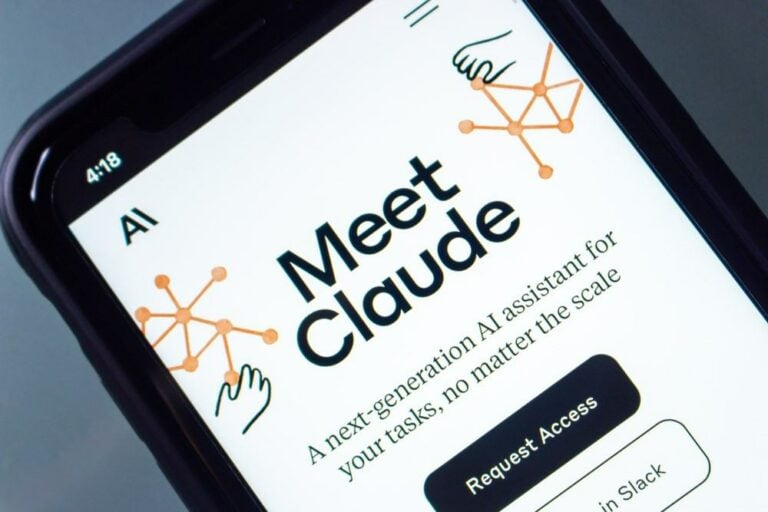Anthropic is joining competitors OpenAI and Perplexity AI in the battle against Google Search.
The company is launching a new API that enables its Claude language models to search the internet in real time. Developers can use this immediately to build applications that provide more accurate and up-to-date answers.
When the API is enabled, Claude uses its reasoning ability to determine whether a search query would benefit from a live search. If so, the model generates a search query itself and searches millions of websites. It analyzes the results and incorporates them into its answer. The answers include source citations with links to the articles consulted.
According to Anthropic, this feature allows developers to build applications that have access to up-to-date information without having to manage a search infrastructure themselves.
Additional searches
Notably, Claude is able to use the initial search results to refine its search query and perform additional searches. In doing so, the model attempts to formulate a more complete answer. This behavior is customizable. Developers can configure how Claude searches and which websites it is allowed to consult.
The same functionality will also be available for Claude Code, a tool currently in beta that is designed to help developers with programming tasks. Thanks to the search API, this tool can consult up-to-date documentation, technical articles, and programming libraries.
Fundamental change
The introduction of this feature goes beyond a technical addition, according to SiliconANGLE. It points to a fundamental shift in the way people search for information. The trend is moving toward a more conversational search experience, which is often faster and more user-friendly than traditional search engines.
There are now signs that AI-based search solutions are taking market share away from traditional search engines. During an antitrust case against Google, Apple’s Eddy Cue stated that the number of searches via Google in Safari fell last month for the first time in 22 years. He said he was concerned about this, partly because Apple receives around $20 billion a year from Google to use its search engine as the default in Safari.
Google’s success under pressure
Other research shows that almost one in five consumers now uses AI instead of a traditional search engine. This is one of the first real threats to Google’s dominant position in over two decades.
The difference lies in the experience. Whereas traditional search engines display a list of links, AI assistants analyze multiple websites simultaneously and provide a summarized, contextual answer immediately. This saves users the trouble of clicking through and searching on separate web pages.
Anthropic is not the only threat to Google. OpenAI and Perplexity are also focusing on search functionality. OpenAI already enriched ChatGPT with web search capabilities last year and recently expanded it with features such as shopping advice, which puts pressure on Google’s dominance in online shopping. According to CEO Sam Altman, ChatGPT now has more than 800 million weekly users.
In addition, Apple is reportedly in talks with OpenAI, Perplexity, and Anthropic, among others, to integrate their AI technology into Safari. Safari has a global market share of more than 17%, and therefore plays an important role in Google’s dominant position. With the ongoing antitrust lawsuit against Google and Apple’s increasing willingness to consider alternatives, a shift seems closer than ever.
